The British coronation is an awe-inspiring spectacle that blends centuries-old traditions with a sense of national pride and continuity. Steeped in history and symbolism, this sacred ceremony is a defining moment for the British monarchy and a celebration of the nation’s heritage.
From the regalia to the coronation oath, every aspect of the coronation is meticulously planned, captivating millions around the world. In this article, we delve into the tradition and significance of the British coronation, exploring its traditions and highlighting its relevance in the 21st century.
Join our WhatsApp ChannelHistorical Context
The roots of the British coronation can be traced back over a thousand years, with the first documented coronation taking place in 973 AD. Since then, it has evolved, incorporating elements from various historical periods. The ceremony became standardized in 1066 with the coronation of William the Conqueror, and subsequent monarchs have followed a similar framework ever since.
The Ceremony
Held in Westminster Abbey, the coronation is a solemn yet majestic affair. The reigning monarch is anointed with holy oil, receives the crown, and takes the coronation oath. The crown jewels, including the St. Edward’s Crown, Orb, Sceptre, and Sword of State, play a central role in the ceremony, symbolizing the monarch’s authority, power, and commitment to the nation.
READ ALSO:All Set For King Charles III Coronation As 40th British Monarch
Traditions and Symbolism
The coronation is replete with age-old traditions and symbolic gestures. The anointing of the monarch with holy oil signifies the divine authority bestowed upon them, linking back to the biblical anointing of kings. The presentation of the crown represents the transfer of power from the people to the monarch, solidifying their role as the head of state. The coronation oath, taken before the people and God, serves as a solemn pledge to uphold the laws and protect the interests of the nation.
The Role of the Monarchy
While some may argue that the coronation is a mere ceremonial relic, it holds deep significance in British society. The monarchy serves as a unifying force, representing stability, continuity, and national identity. The coronation reinforces this role by providing a tangible moment of continuity and a shared experience for the British people. It demonstrates the peaceful transition of power and the enduring nature of the monarchy, fostering a sense of unity and national pride.
Adapting to the Modern Era
While the core elements of the coronation have remained unchanged, adaptations have been made to reflect the evolving times. The last British coronation took place in 1953, when Queen Elizabeth II ascended to the throne. Since then, the world has witnessed significant technological advancements, and the next coronation may incorporate elements to engage a global audience, such as live-streaming the event or using virtual reality to provide an immersive experience.
The British coronation is an extraordinary event that encapsulates centuries of tradition, spirituality, and national symbolism. It is a moment of continuity that connects the past, present, and future, affirming the monarchy’s place in British society.
While the world around us changes rapidly, the coronation remains an essential thread that weaves together the fabric of British history and identity. It is a testament to the endurance and relevance of the British monarchy, reminding us of the power of tradition and the significance of shared cultural experiences.

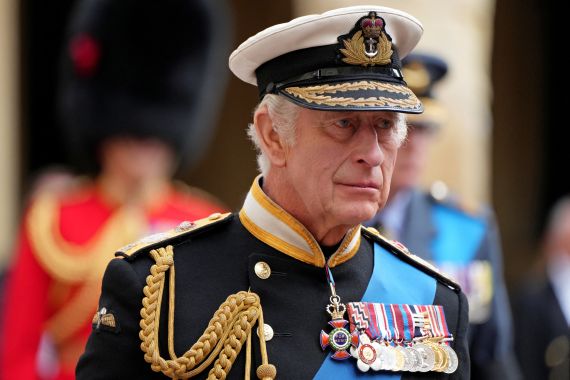


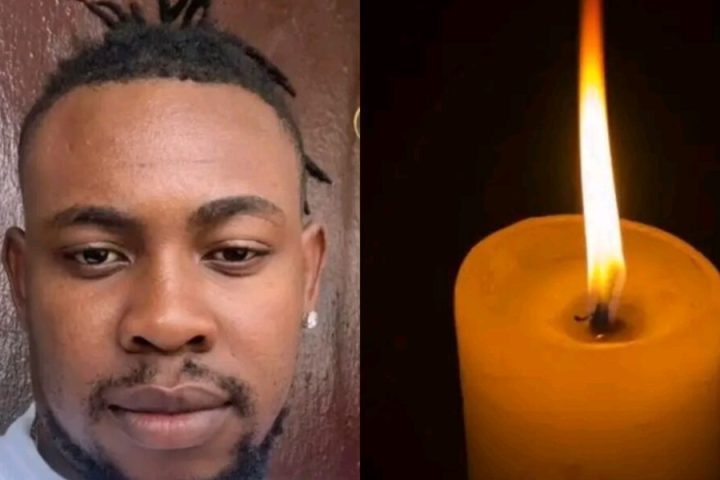

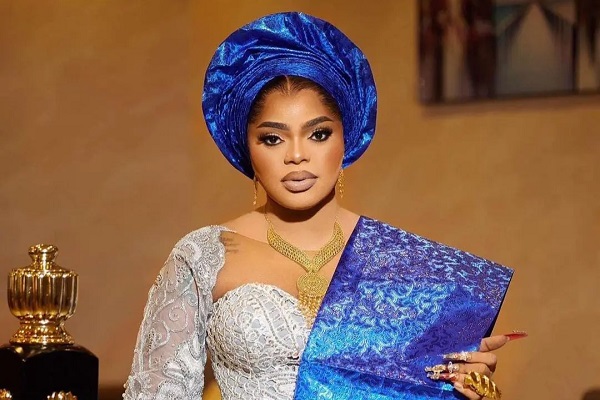








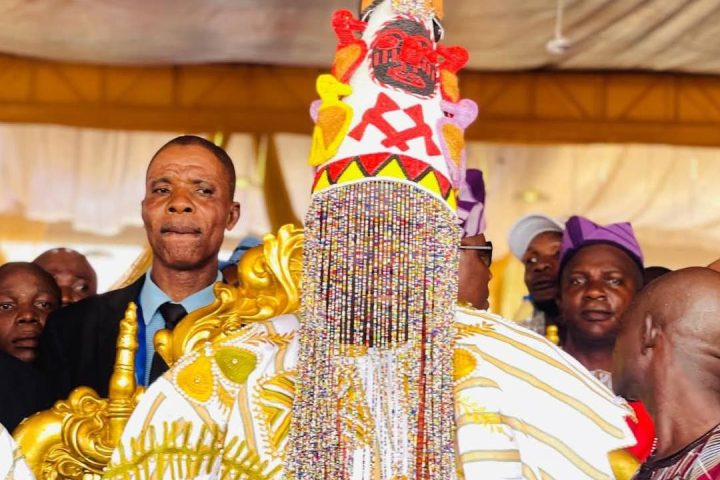
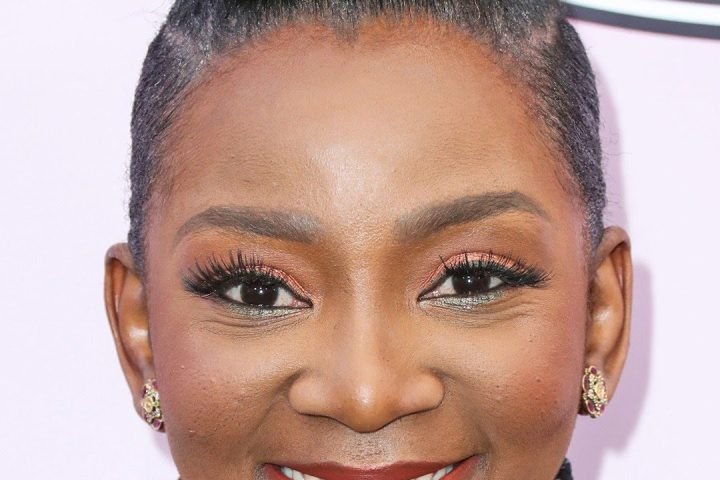
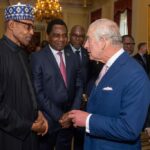
Follow Us